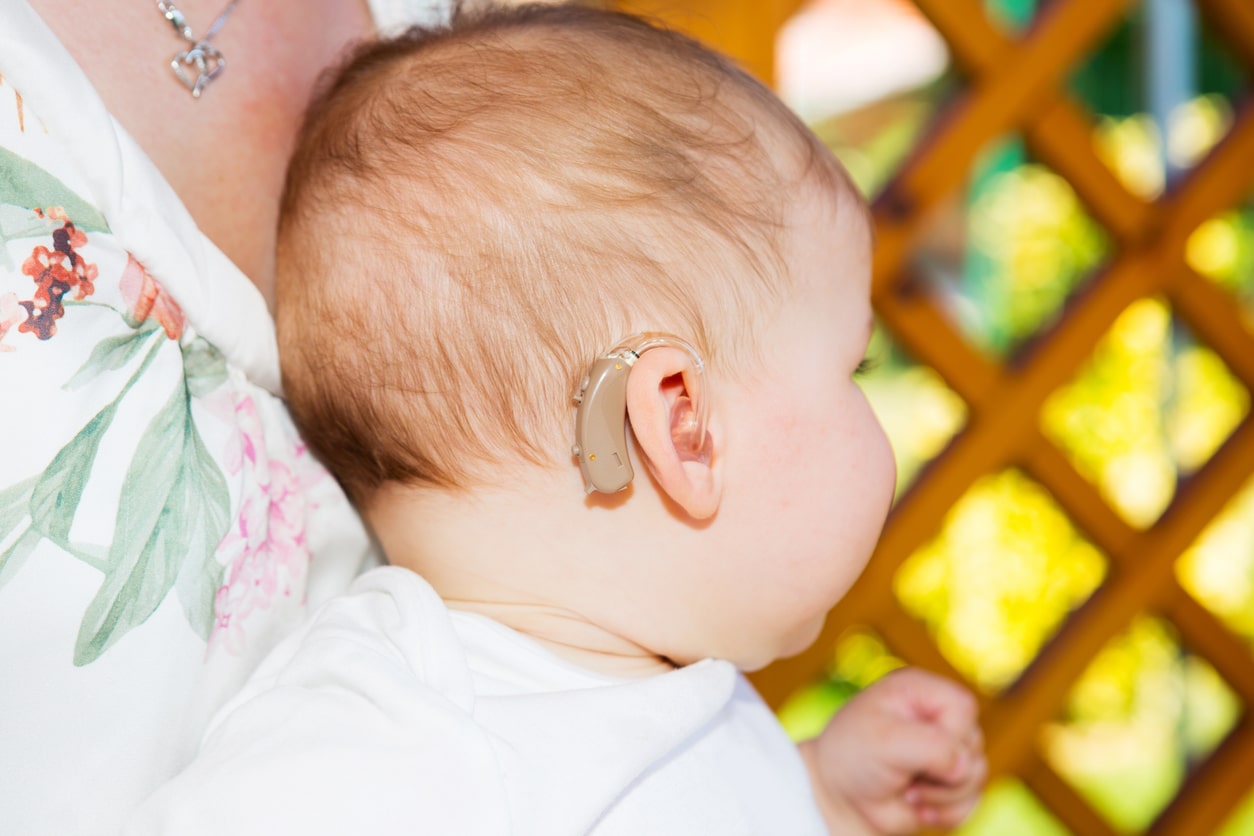When parents discover that their baby may need hearing aids, the initial feelings can be overwhelming. However, understanding how these devices aid in your child’s development, along with some tips and tricks for helping them work optimally, can provide reassurance. Read along to ensure your little one gets the most out of their hearing aids.
The Importance of Hearing Aids for Babies

Babies use hearing as a primary means to learn language and communicate. If a baby has hearing loss, it can impede their ability to develop normal speech and language skills. Reasons a baby might need hearing aids include genetic factors, complications during pregnancy or birth, infections or exposure to certain medications. Early identification is critical, and newborn hearing screenings are standard.
Hearing aids for babies are designed to amplify sound, making it easier for them to hear and process linguistic cues. This early assistance is vital as it taps into the critical period when language acquisition skills are developing. You may wonder how it’s possible for a baby to productively wear hearing aids. There are a few tips and tricks.
Supporting Your Baby’s Hearing Aid Use
Consistent Wear
Babies should wear their hearing aids during all waking hours to maximize their exposure to sounds. This consistent usage is crucial for speech and language development, as it ensures that your baby can hear consistently during key learning periods. It’s helpful to ease them into long-term wear, as the sounds may be startling if they could not hear them prior. Additionally, if your baby is resistant to hearing aids, introduce them slowly, during enjoyable everyday activities and slowly increase their wear-time.
Ensure Proper Fit
As babies grow, their ears grow, too, which can change how the hearing aids fit. Regularly check the fit and have the hearing aids adjusted by a hearing specialist. A well-fitted hearing aid stays secure and is more effective.
Routine Appointments
Maintain regular check-ups with your hearing specialist to ensure the hearing aids are functioning correctly, to make any necessary adjustments and to assess your baby’s hearing and developmental progress.
Maintenance Is Key
Daily checks on the hearing aids for wax, moisture, and battery life are essential to keep them in good working condition. Proper maintenance prevents malfunctions that could interrupt your baby’s hearing experience.
Create a Sound-Rich Environment
Foster your baby’s hearing and language skills by engaging them in a sound-rich setting. Talk, sing and read to your baby frequently. This will help them make connections between sounds and meaning, which is essential for language development.
Secure the Devices
Use accessories like clips and cords to help keep the hearing aids in place. These tools are especially useful to prevent losing these small, valuable devices. There are also rings specifically for children wearing hearing aids that can be attached to the hearing aid and the ear. A young child is also typically fitted with behind-the-ear hearing aids to assist with keeping the device secure and properly fitted.
By amplifying sounds, hearing aids ensure that babies receive the hearing exposure necessary to learn how to make sounds, understand speech and eventually form their own words and sentences.
Managing hearing aids for your baby might seem challenging, but with the right strategies and support, you can do it. Regular consultations with your hearing specialist will keep you on track and ensure that your child can fully benefit from their hearing aids.
To learn more or to schedule a consultation, contact Hearing Healthcare Center, Inc. today to schedule an appointment.